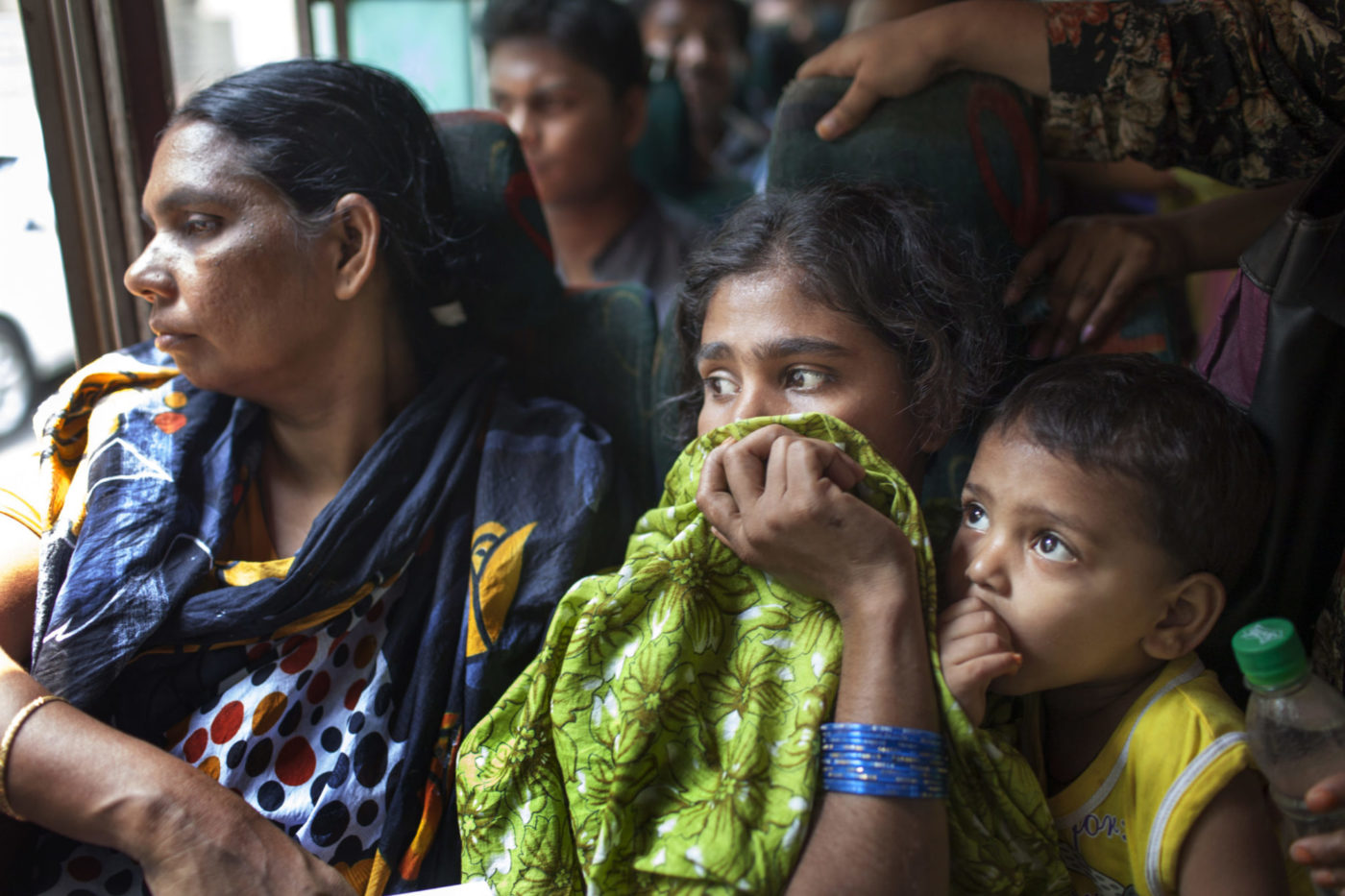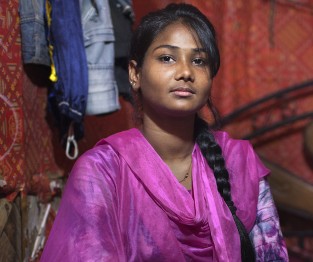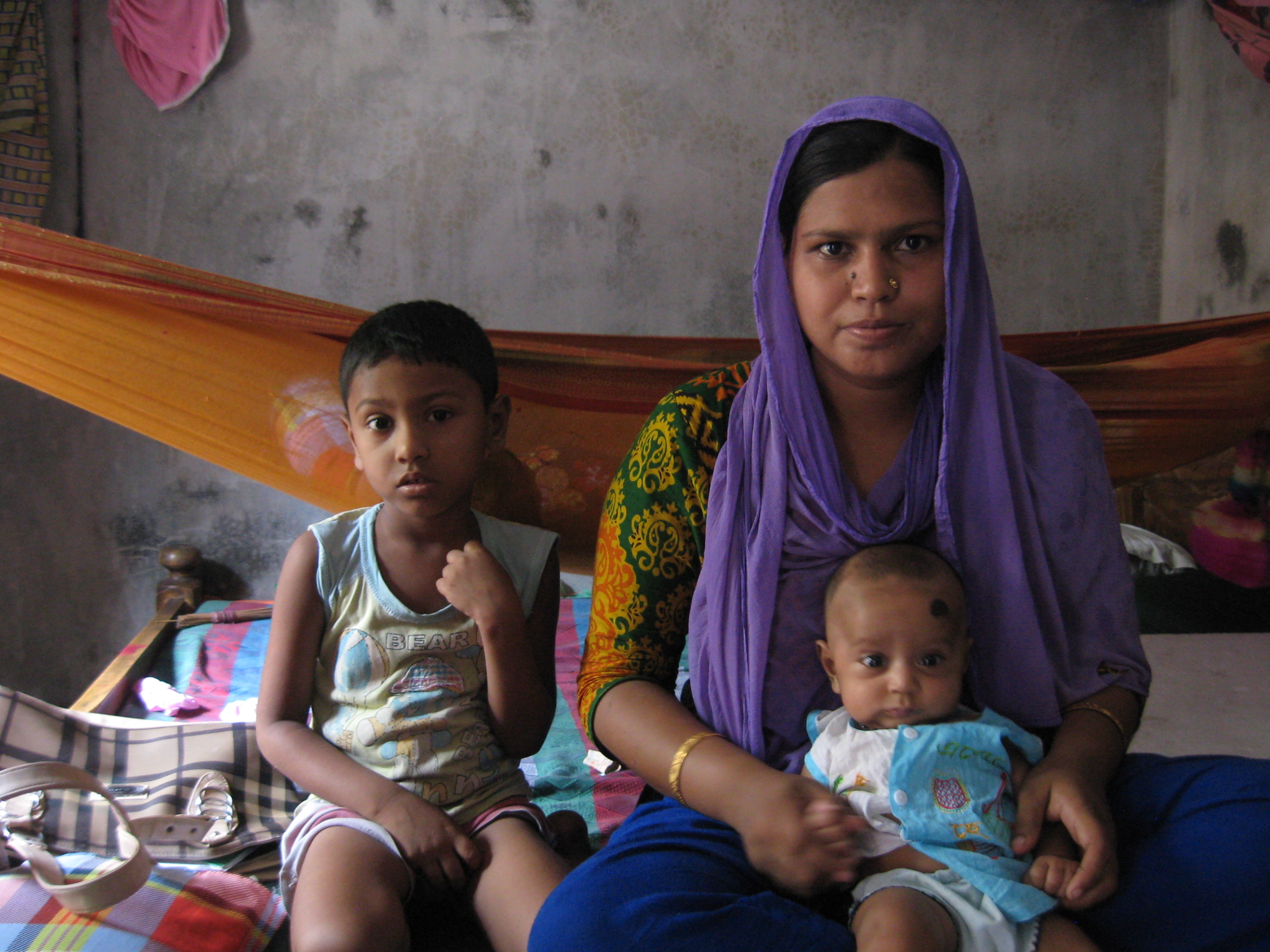Most Biharis trace their residence in Bangladesh back to 1947, when the split of India and Pakistan led many people to cross borders to protect their religion, culture, language, or economic interests. The Biharis – Urdu-speaking Muslims of eastern India – migrated to Bangladesh (then called East Pakistan). During the 1971 war for the independence of Bangladesh, many Biharis sympathized with West Pakistan. Violence committed by and against some Biharis led the Red Cross to create urban settlements – called camps – for the group, which remained without the right to citizenship in Bangladesh. Today, over 300,000 Biharis remain camp residents in the country.
In a 2008 decision, the High Court of Bangladesh recognized Biharis as Bangladeshi citizens and instructed the government to issue Biharis national ID cards. However, camp-dwelling Biharis remain unable to realize the core content of their citizenship rights due to discrimination. As this discrimination is widely understood, many camp residents do not even try to exercise their rights.
Bihari paralegals now help their fellow camp residents understand and pursue their rights as citizens, including obtaining birth certificates, passports, trade licenses, and public service employment.




